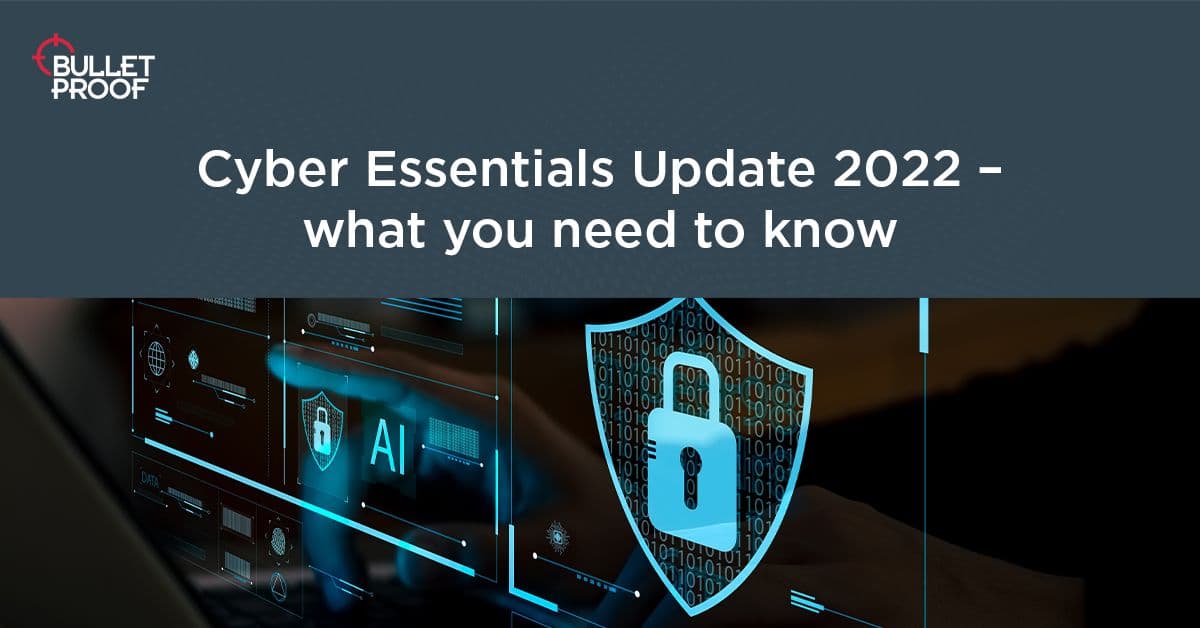Why choose Bulletproof compliance services?
Certified Consultants
Our certified consultants will give you expert advice and support on your journey to compliance.
Custom Packages
Our packages offer the best consultancy and implementation plans to suit your needs.
On-going Support
Compliance is a continual process and Bulletproof will help meet your obligations moving forward.

Data Security
Bulletproof helps reduce the risk of data breaches and cyber threats with access to our security team.
Trusted compliance services
Cyber Essentials & Cyber Essentials Plus
Get Cyber Essentials certified and stay protected against common cyber threats

Cyber Security Assessment
Assess your current setup against the NIST framework for an in-depth security review
Outsourced DPO
Certified EU GDPR practitioners guaranteeing you to receive expert advice and support

Our compliance services
We understand that compliance and achieving certifications to meet industry standards isn’t easy. There are many frameworks to consider which can be complex to implement but critical to the protection of sensitive data.
Our expert consultants can help streamline your journey to compliance by delivering personalised solutions dedicated to the needs of your business.
We offer specialist advice, risk assessments, implementation guidance and on-going support to achieve and maintain compliance.
Here’s what our customers say about us

Get a fast compliance quote
One of our expert compliance consultants will get back to you as soon as possible.
Compliance services FAQs
Compliance means following a set of rules. In business, these are goals or requirements companies look to achieve to adhere to procedures, policies, laws, or standards. By implementing compliance processes, you protect your business against reputational risk and financial damage.
Some examples of compliance in business include Data Protection and Security regulations and standards such as GDPR concerning the rights of individuals, PECR which focuses on electronic communication and marketing, and PCI DSS which businesses need to meet if they handle card payments.
Compliance is a company-wide effort therefore everyone within an organisation shares the responsibility. Businesses can have compliance teams or seek external expertise but if the rest of the organisation are unaware or ignorant of the requirements of compliance, they could be at serious risk of violating laws or breaching internal policies.
Staff training is integral for businesses to implement to ensure the entire organisation understands the importance of compliance. Regular training sessions will also help create a culture in compliance which is invaluable to businesses long term.
Compliance is an important function of a business's risk management, and to ensure they are not in violation of laws and industry standards. Achieving compliance can help businesses improve operational processes, build trust with customers, and enhance a company’s reputation within their industry. However, non-compliance with standards set by law can lead to businesses suffering devastating financial losses and reputational damage.

















